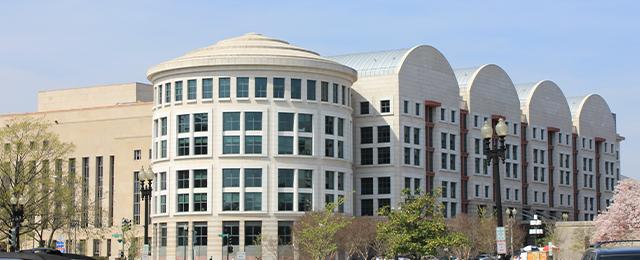The Trump administration"s relentless assault on immigration rights has now escalated into a full-fledged attack on the very concept of American citizenship. The recent class action ruling by U.S. District Court Judge Joseph Laplante to block Trump’s executive order on birthright citizenship is a crucial legal victory, but it comes at a time when millions of babies born in this country stand to be directly affected. The implications of this ruling and the administration"s actions threaten the fabric of our constitutional rights.
Judge’s Ruling Sets Precedent for Class Actions
Judge Laplante’s decision to grant class action status extends protections to all current and future babies born to mothers without legal status and fathers who are not U.S. citizens or lawful permanent residents. This includes mothers who are temporarily in the U.S. under various visa categories. As reported by The New York Times, this ruling effectively applies nationwide, a move that echoes the Supreme Court"s recent guidance in Trump v. CASA, where the court hinted that class actions could replace the now-limited universal injunctions.
Future Babies Are Not Exempt from Trump’s Attack
The striking aspect of this ruling is the inclusion of future children, as the judge argues these “future persons” are just as vulnerable to the harms posed by the executive order. This forward-looking stance is crucial in a legal landscape where vulnerable populations often find themselves without recourse. However, the Department of Justice’s argument, suggesting that unborn children cannot be class members because they do not yet exist, is not only legally dubious but hypocritical. This administration openly disregards the rights of actual immigrants while attempting to deny protections to those yet to be born. According to the BBC, this is part of a broader strategy to undermine the very definition of citizenship.
\n\n
Biggest sanctuary cities brace for Trump deportations
Confusion Surrounds Deportation Policies
The case of Kilmar Abrego Garcia illustrates the chaotic state of immigration enforcement under Trump. After being returned to the U.S. from El Salvador, Garcia now faces pretrial detention, threatened with deportation despite a judge"s ruling that he is eligible for release. The contradictory statements from ICE about their plans for Garcia—ranging from immediate deportation to uncertainty about his future—highlight the disarray within the system. Judge Paula Xinis has expressed concern over the potential for Garcia to be removed without due process, emphasizing the need for transparency in this murky legal environment. As noted by NPR, this confusion is compounded by the administration"s aggressive push for mass deportations.
New Evidence Undermines Trump’s Claims
A new court document contradicts the Trump administration"s longstanding assertion that it has no jurisdiction over Venezuelan migrants deported to El Salvador. The Salvadoran government has publicly stated that it holds no legal authority over these individuals, effectively placing the blame back on the U.S. The implications of this revelation are significant; it could bolster claims against the administration for violating international law. U.S. District Court Judge James E. Boasberg has been vocal about the need for the administration to facilitate the rights of these migrants to contest their removals, a stance that the ACLU has praised. According to the New York Times, this dynamic illustrates the profound disconnect between the administration"s rhetoric and the reality on the ground.
\n\n
District of Columbia | United States District Court
The Legal Landscape for Immigrants is Changing
The evolving legal strategies surrounding immigration rights reflect a growing resistance against the Trump administration"s aggressive policies. The court"s willingness to explore class action lawsuits as a means of protecting the rights of immigrants could open new avenues for redress in a system that has increasingly marginalized these communities. However, as the administration continues to reshape immigration policy, the stakes are incredibly high for those whose lives hang in the balance. The fallout from these legal battles will resonate for years to come, impacting not only the individuals directly affected but also the broader understanding of citizenship and civil rights in America.

![[Video] Federal officers deploy sting balls and flash grenades at Whipple Building](/_next/image?url=%2Fapi%2Fimage%2Fthumbnails%2Fthumbnail-1768340555229-vhfcc-thumbnail.jpg&w=3840&q=75)
![[Video] Crowd-control weapons used in Minneapolis as anti-ICE protesters attack police vehicle](/_next/image?url=%2Fapi%2Fimage%2Fthumbnails%2Fthumbnail-1768336302231-akxf7s-thumbnail.jpg&w=3840&q=75)

![[Video] Protests erupt in Minneapolis after ICE detains teenager, multiple arrests made](/_next/image?url=%2Fapi%2Fimage%2Fthumbnails%2Fthumbnail-1768331835371-z9ylqg-thumbnail.jpg&w=3840&q=75)


![[Video] Gunfire between Iraqi security forces and Sadr militias in Baghdad](/_next/image?url=%2Fapi%2Fimage%2Fthumbnails%2Fthumbnail-1768343508874-4redb-thumbnail.jpg&w=3840&q=75)
